St. Mary of the Pines
Eight-day retreats – $640 Five-day retreats – $400
Weekend directed retreats – $160
Directed Retreats: The resident retreat director is Sister Dorez Mehrtens, SSND. During 2014, she is available for directed retreats on the following dates: Nov. 10-18, and Dec. 1-10. To schedule a retreat contact Sister Dorez, 601-783-0411 or 601-810-7758 (cell).
Private Retreats: A private retreat is a retreat without a director and may be scheduled any time space is available. The individual chooses his/her own resources and rhythm of prayer and reflection throughout the day. Suggested donation: $65 per night. Financial assistance for any retreat is available upon request. Contact: St. Mary of the Pines Retreat Center, 3167 Old Highway 51 South, Osyka, MS, 39657, 601-783-3494, retreatcenter@ssnddallas.org.
The Dwelling Place
“The Rise of the Phoenix: Healing of Abuse,” Nov. 7-9. A retreat for those who have experienced physical, sexual or emotional abuse. A time to regain a sense of self-worth and healing of guilt and self-condemnation through Christ’s healing, saving power. Anonymity will be respected. Led by Dr. Francis Baird and Wendie Woods. Cost is $160. Contact: The Dwelling Place, 2824 Dwelling Place Road, Brooksville, MS, 39739, 662-738-5348, www.dwellingplace.com.
Benedictine Center
“Christ Consciousness in a World of Distraction: Wisdom from the Rule of Benedict,” Nov. 14-16. In our day of constant data input, overstimulation, and dazzling entertainment come and learn methods from the Rule of Benedict to stay rooted in Christ, with all of our works overflowing from a ‘Christ consciousness.’ Led by Sister Mary McGehee, OSB. Cost is $210 for private rooms and $185/person for shared rooms.
“Embracing the Advent Journey: An Advent Day of Reflection,” Tuesday, Dec. 2, from 9 a.m. – 2:30 p.m. The day will include prayer, presentations, private reflection, and discussion. Led by Sister Marie Leonard, OSB. Cost: is $30, includes lunch.
“Advent Retreat” with Father Doug Vu, a priest of the Diocese of Birmingham, Dec. 5-7. Advent reflections, based in the Scripture readings of this season of expectant hope. The Sacrament of Reconciliation will be celebrated. Cost is $210 for private rooms and $185/person for shared rooms. Contact: Benedictine Sisters, 916 Convent Road, Cullman, AL 35055, 256-734-4622, shmon@shmon.org.
JESUIT SPIRITUALITY CENTER
Directed Retreats: The Jesuit Spirituality Center specializes in personally directed retreats based on the Spiritual Exercises of St. Ignatius Loyola. Solitude and silence are important aspects of these retreats. Retreats may range from three, five or eight days, to a full month.
Eight-day retreats are scheduled for Nov. 10-19 and Dec. 8-17. Three-day and five-day retreats start on the same dates as the eight-day periods. Costs vary according to the length of the retreat.
“Dream Work: Conversations with the Soul,” Saturday, Jan. 31, 2015, from 9 a.m. – 4 p.m. Led by Deedy Young, Jungian analyst. In this introductory workshop, participants will consider the attitude with which to approach dreams and will explore key elements in the process of unlocking the dream’s meaning. Cost is $50 and includes lunch. Contact: Jesuit Spirituality Center, 313 Martin Luther King Dr., Grand Coteau, La 70541, 337-662-5251.
Catholic Charismatic
Renewal of New Orleans (CCRNO)
“Holy Spirit Teen and Young Adult Retreat: Go Forward,” Jan. 2-4, 2015, at the Landmark Hotel, 2601 Severn Avenue, Metairie, La. Contact: info@ccrno.org, www.ccrno.org, 504-828-1368.
“Retrouvaille,” an international Catholic peer-to-peer ministry which offers a lifeline to troubled marriages, retreat on Jan. 23-25, 2015, at Maryhill in Pineville, La. All inquiries and registrations are held in the strictest confidence. Contact: visit www.retrouvaille.org.

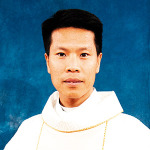
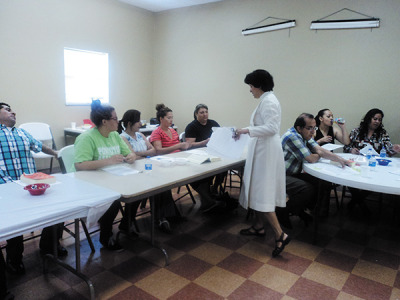
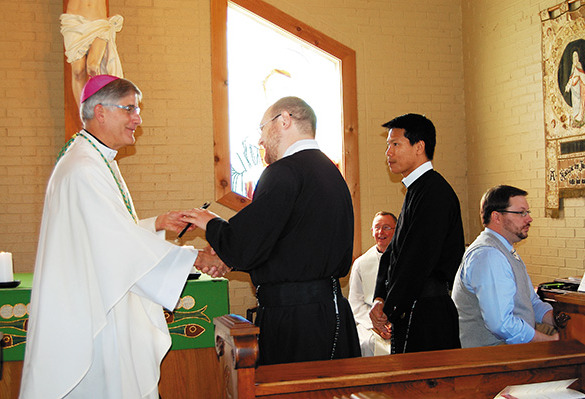
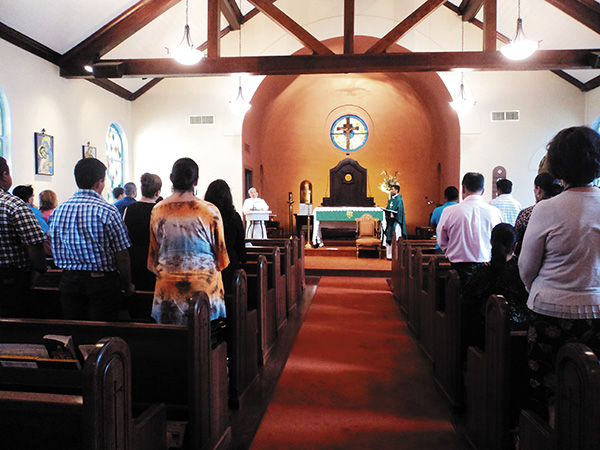
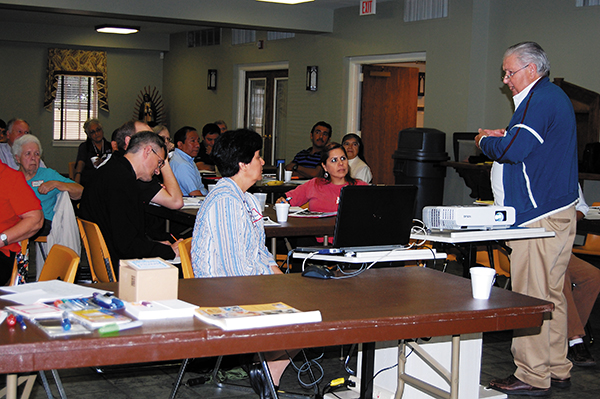
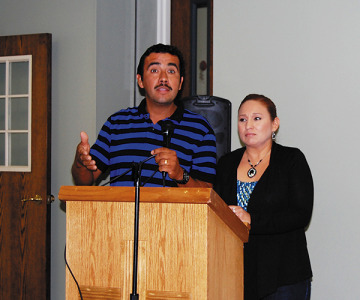
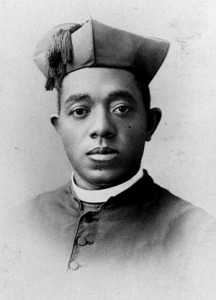 Father Tolton was born a slave, but he and his family escaped to freedom and he eventually studied and was ordained in Rome. He founded St. Monica, one of the first black Catholic parishes in Chicago. His pioneering influence had a profound impact on church history.
Father Tolton was born a slave, but he and his family escaped to freedom and he eventually studied and was ordained in Rome. He founded St. Monica, one of the first black Catholic parishes in Chicago. His pioneering influence had a profound impact on church history.